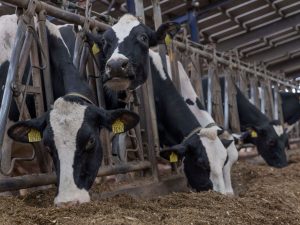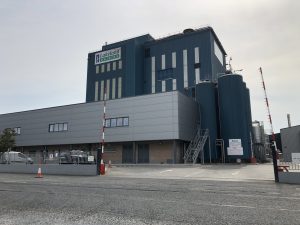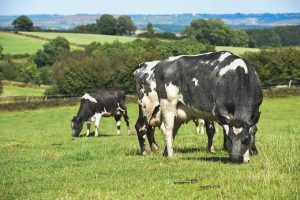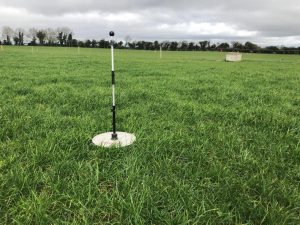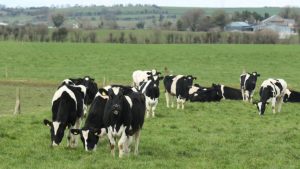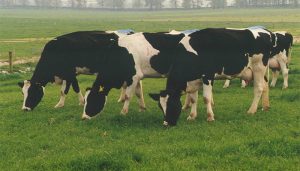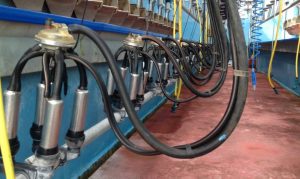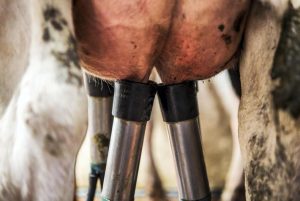
Farmers milking cows between 5pm and 7pm could be hit with an increase in peak electricity costs from 1 October onwards under proposals put forward by the Commission for Regulation of Utilities (CRU).
The price hikes have been proposed for all electricity users to help tackle electricity demand challenges over periods of peak demand, although they have been weighted towards heavier electricity users, the Oireachtas environment committee was told by the regulator. “The rises for those at the domestic sector, I am aware [that] with people milking their cows, some might be in the domestic sector and some might be SMEs would be smaller than that but it would be weighted towards those peak hours between 5pm to 7pm,” CRU commissioner Jim Gannon said.
A domestic customer cost impact laid out by the CRU has shown that the average tariffs placed on such users will rise by 30% if its plans are seen through.
The regulator has yet to provide the Irish Farmers Journal with the increase in tariff costs it proposes to place on farmers.
Earlier this week, president of the European Commission Ursula von der Leyen stated that Brussels was planning an emergency intervention in energy markets and that electricity market reform was also on the table as EU electricity prices continue to rise for billpayers.
AD with scale and speed
The committee also heard that up to 210 anaerobic digestion (AD) facilities are to be constructed to secure an indigenous gas supply which will help the country meet its energy needs into the future.
Minister for Environment Eamon Ryan stated that a mixture of “grass, food wastes and slurry waste” will be fed into these digesters and that they are to be built “at scale and at speed”.
The minister referenced the sectoral emissions agreement reached by Government in response to a question posed by Senator Tim Lombard, saying that approximately 15% of the State’s gas requirements could be met by AD.
“That, as I recall may involve something up to 210, if I recall rightly, AD sites and that could prove about 15% of our gas needs,” he said.
“It is very much part of the security system we need in place and is very much part of the potential to Irish farming because it gives a diverse and separate income.
“It builds on what we are good at, which is growing grass and it complements animal husbandry and the management of the waste products,” Minister Ryan commented.




